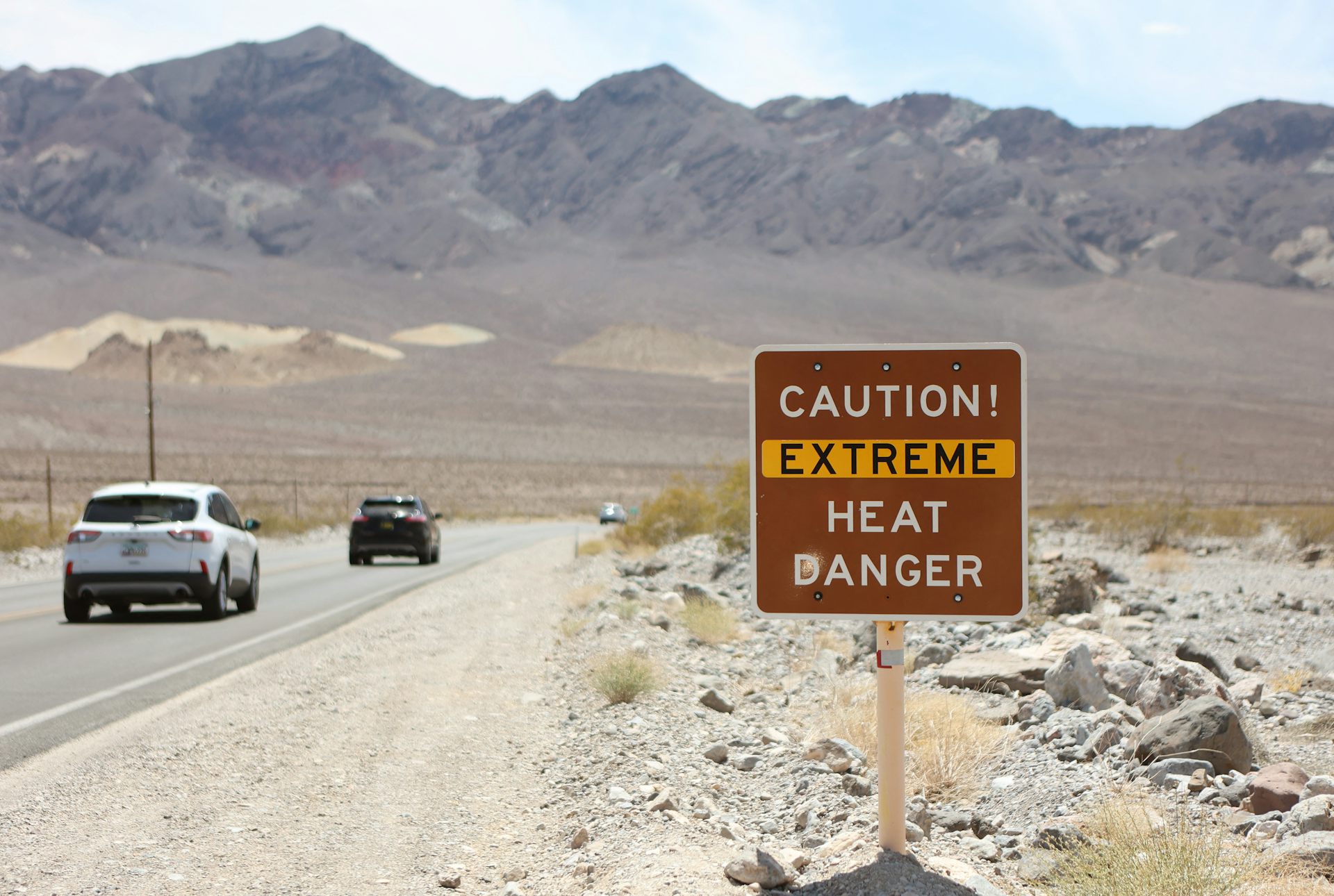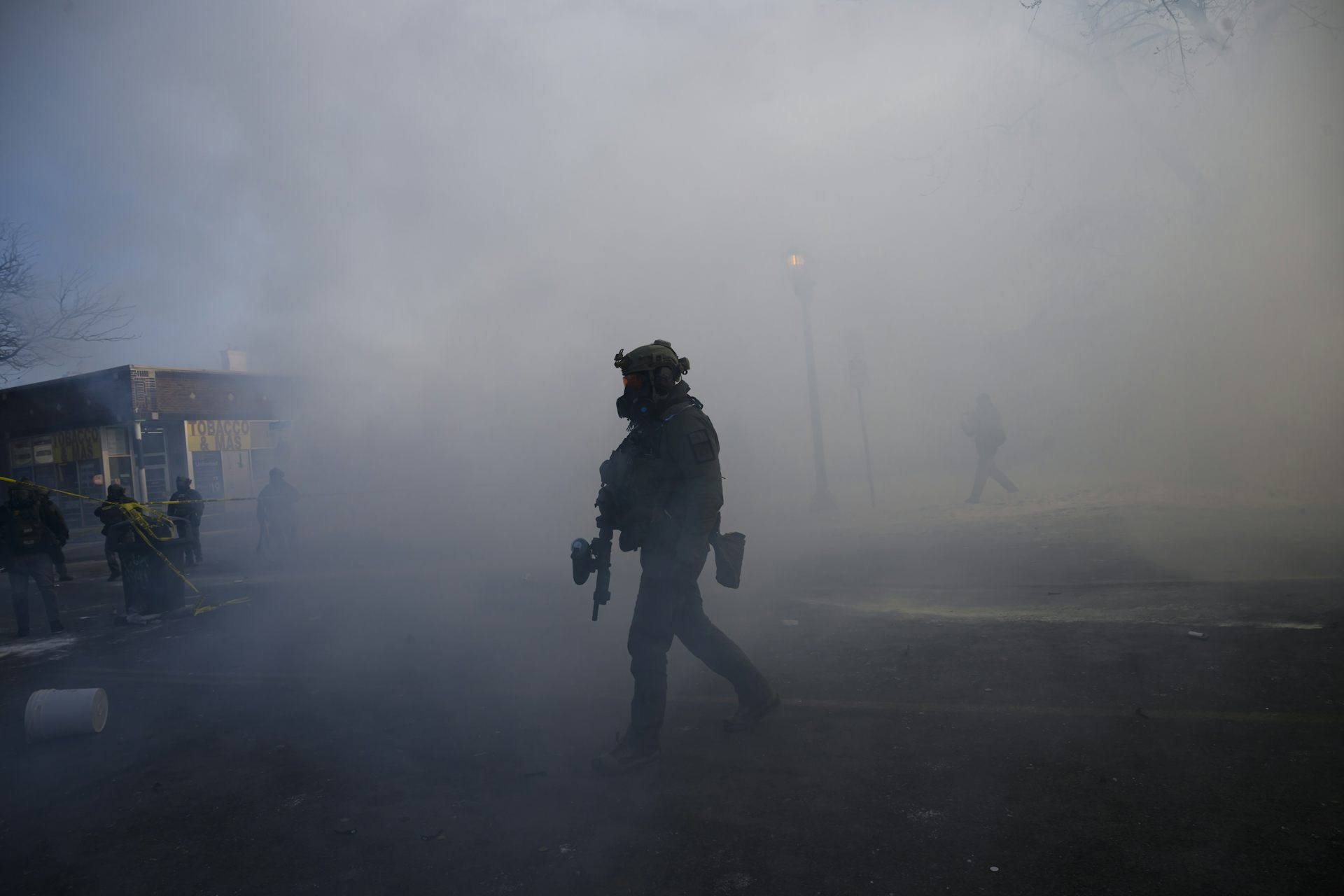Jocks and frat boys more likely than other men in college to visit 'slut pages' and post nude images
College men are posting nude images of college women online without their consent. Do state laws do enough to curtail the practice?

The Research Brief is a short take about interesting academic work.
The big idea
Over half of men in college fraternities or who play school sports say they have visited a secret webpage or social media account set up to post or view pornographic images of other students without their consent, according to a survey I recently conducted with several colleagues.
We conducted the survey on the campus of a large Midwestern university with 1,867 participants.
Specifically, we found that 58% of men in fraternities and 53% of male college athletes admitted to having visited one of these sites – commonly known as “slut pages” – at least once, while 15% to 20% of these men said they post nude images without consent. That compares with 39% of all other men who said they visited one of these sites and 3.5% who acknowledged posting content.
Women who played team sports were the least likely of all groups to visit one of these pages – just 13% had, compared to nonathlete women, of which 33% had visited a slut page. This suggests that gender plays a central role in the phenomenon, at least when it comes to student athletes.
Journalist and author Nancy Jo Sales became one of the first to document these websites after she discovered them while interviewing high school students for her book, “American Girls: Social Media and the Secret Life of Teenagers.” She later followed up with documentation of these pages in the military, suggesting that they may be common among adult groups as well.
Why it matters
Posting nude pictures of someone without their consent – which is a crime in some states – is a form of image-based sexual abuse that is used to shame, hurt or humiliate.
This practice is pervasive. In late 2020, dozens of women and children came forward and said that videos of them being raped or sexually coerced were posted to the pornography site PornHub. Consequently, Mastercard and Visa blocked their credit cards from being used to purchase content from the site, forcing PornHub to remove millions of videos.
Although “slut pages” are typically private, they can still cause the same kind of distress to people as regular “revenge pornography,” in which people post or share pornographic videos of sex partners to cause them harm.
A growing number of laws prohibit the posting of nude images without consent. Some states consider it to be a misdemeanor, with average jail time of one year and fines averaging US$5,000. However, states such as Georgia and Oregon often consider revenge porn posting with other evidence of malice as a felony, with up to five years in jail and $125,000 in fines.
What still isn’t known
Victims of slut pages in high school and the military have reported feelings of anxiety, fear and contemplation of suicide once they find out that their image has been posted on one of these websites. However, more light also needs to be shone on why men create these pages in the first place.
What’s next
My colleagues and I are currently examining the motivations for visiting “slut pages” based on a survey of U.S. and Australian young adults and hope to have that work published soon. We are also researching sexual misconduct policies in high schools to determine how schools both prevent and respond to image-based sexual abuse and other forms of sexual harassment.
Megan K. Maas receives funding from the National Institutes of Health.
Read These Next
How a largely forgotten Supreme Court case can help prevent an executive branch takeover of federal
An FBI raid on a Georgia elections facility has sparked concern about Trump administration interference…
Trump says climate change doesn’t endanger public health – evidence shows it does, from extreme heat
Climate change is making people sicker and more vulnerable to disease. Erasing the federal endangerment…
How the 9/11 terrorist attacks shaped ICE’s immigration strategy
The growth of today’s aggressive immigration tactics traces back 25 years, when enforcement took on…





